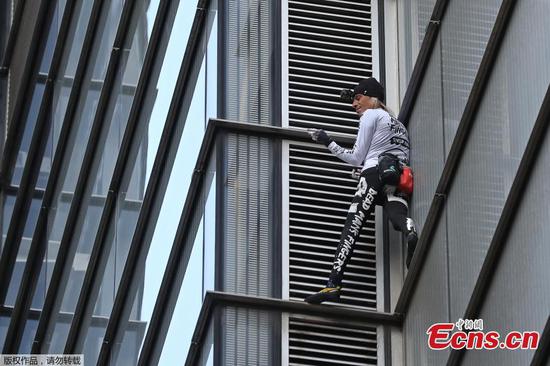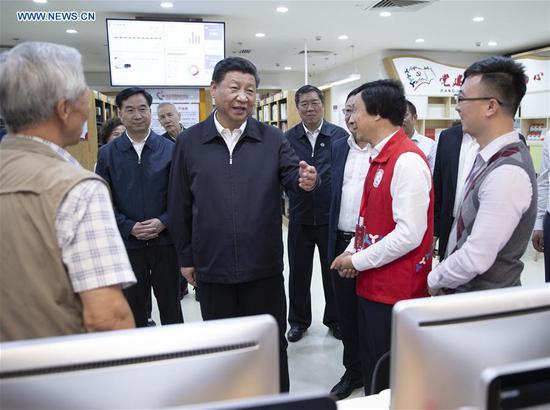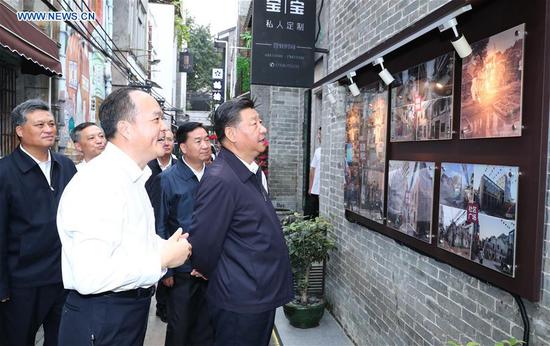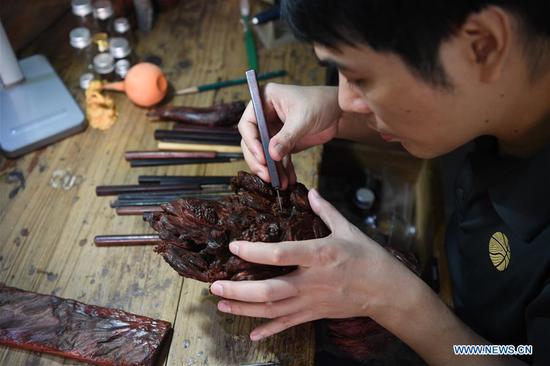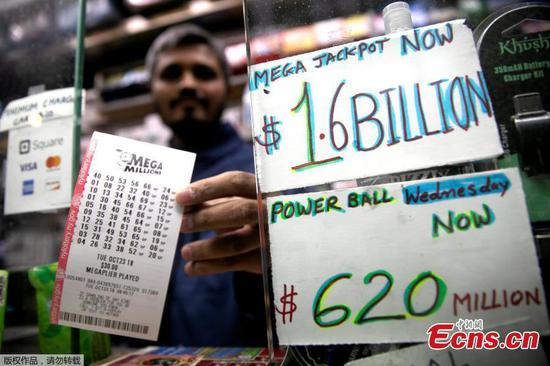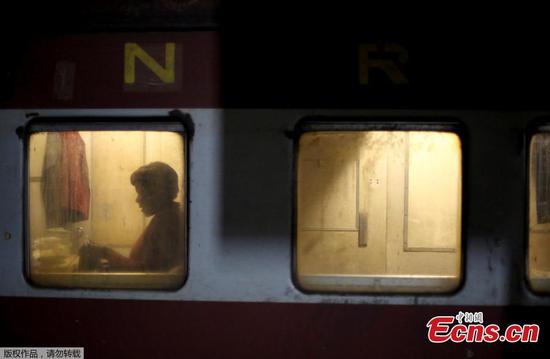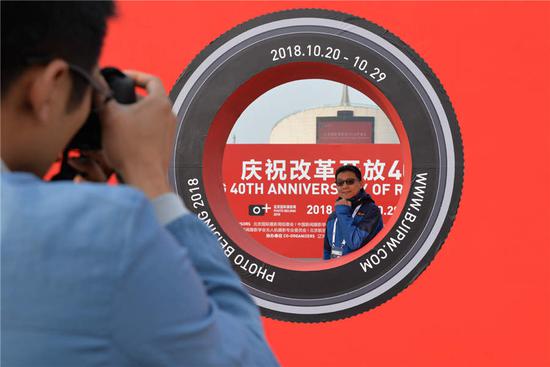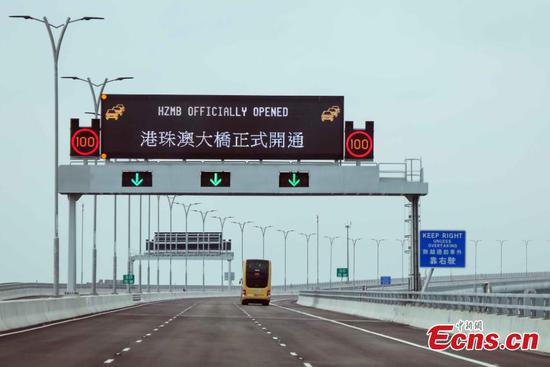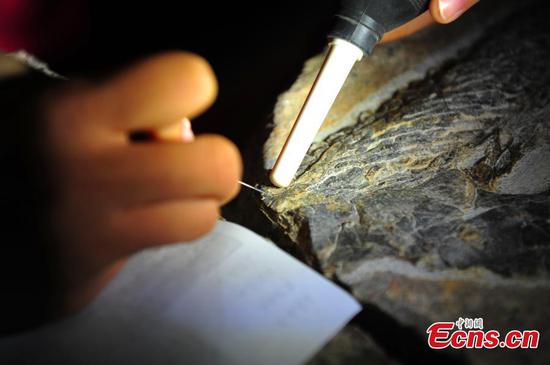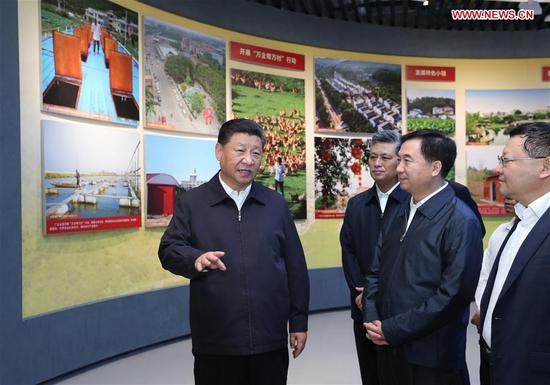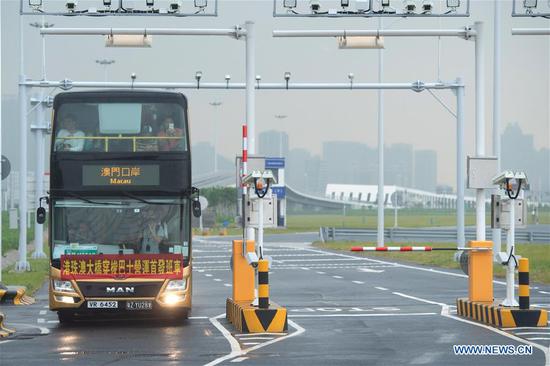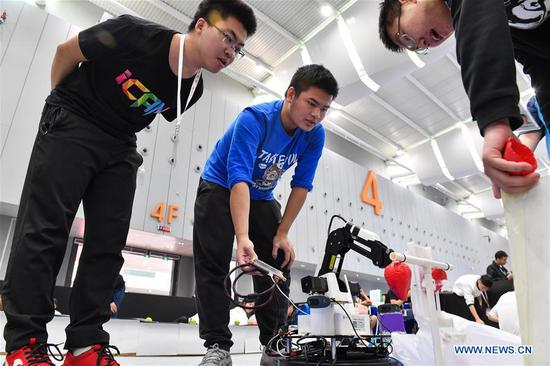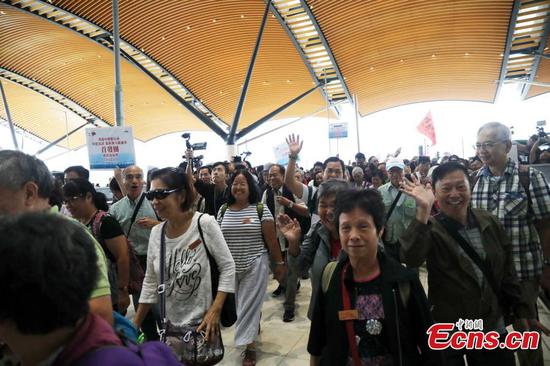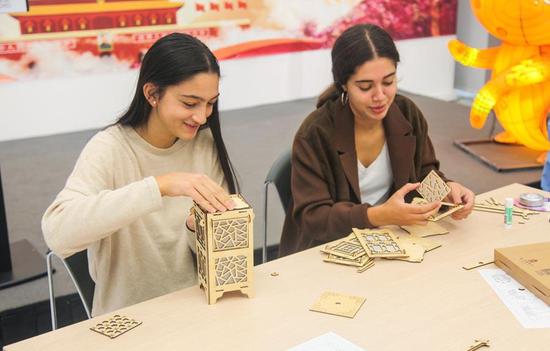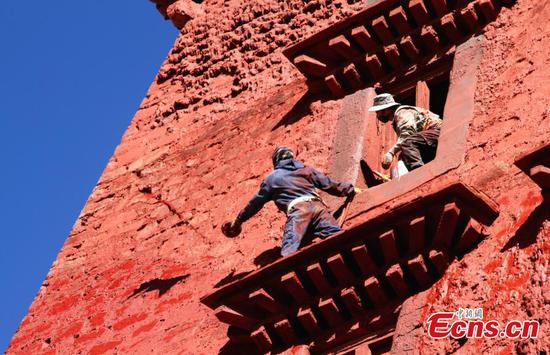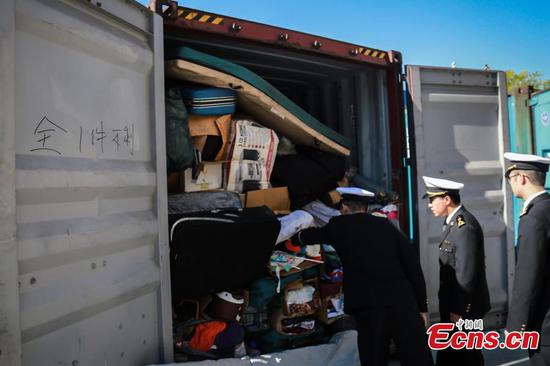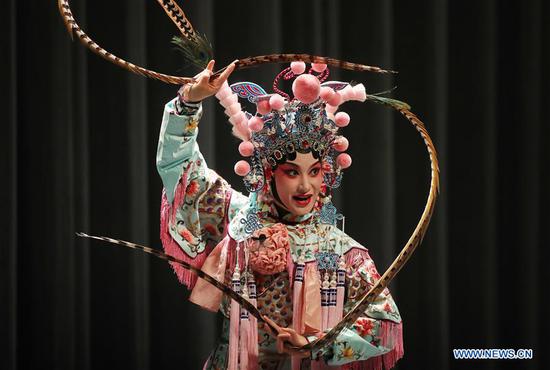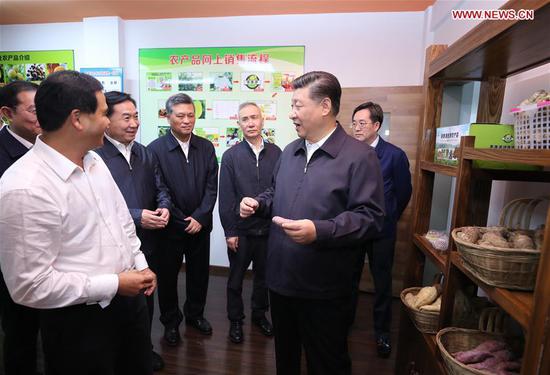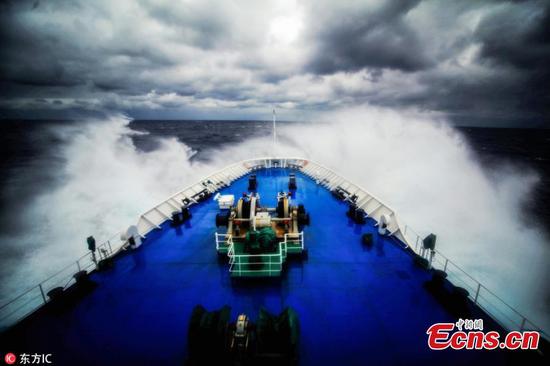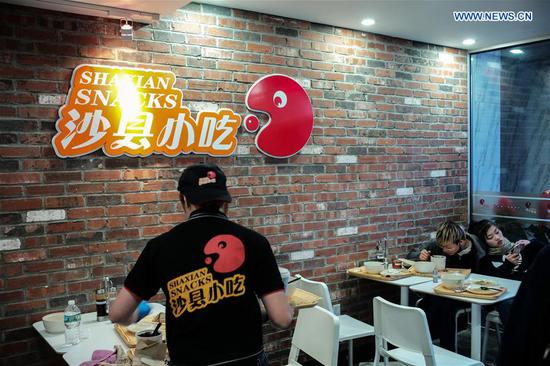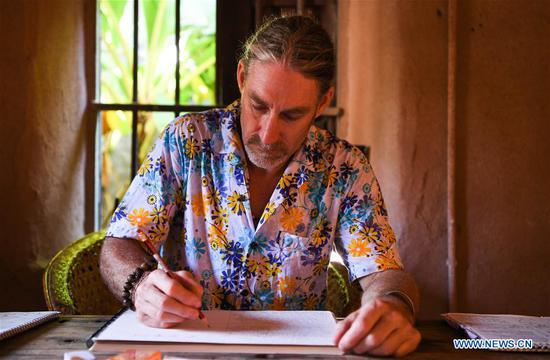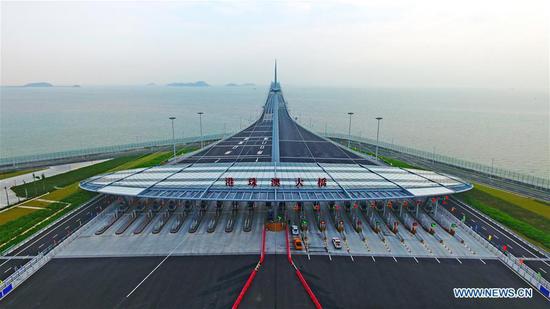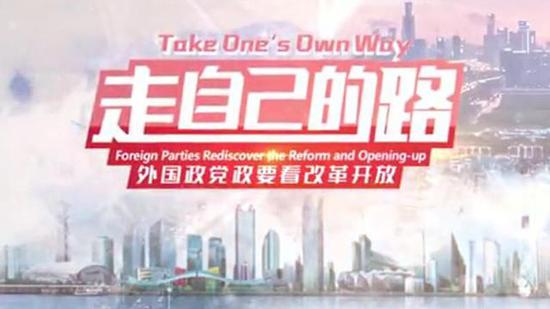Inquiry gives deputies insights on how to improve rule of law
Judicial officials vowed to redouble their efforts to solve problems in the legal system that draw the most complaints from the public and welcomed more supervision from residents to further improve the rule of law and push forward judicial reforms.
Heads of the country's highest court and procuratorate made the promise on Thursday while attending a special inquiry held by China's top legislative body. Among other things, deputies to the National People's Congress asked how they would strengthen verdict enforcement and avoid fake lawsuits.
It is the first time for the NPC Standing Committee, the top national legislature, to host a special inquiry for the two top judicial authorities. In previous bimonthly sessions, government officials, including those from environmental protection and development and reform authorities, have attended.
"This inquiry is timely and significant, as it responds to hot issues in the legal industry and to the public," said Wang Junfeng, chairman of the All China Lawyers Association, who participated.
He said it's the duty of the top court and prosecutors to explain to the legislature what they are doing. "It's also necessary for them to explain what difficulties they are experiencing in the application of law to help legislators better understand the work and then to improve the system."
Answering a question from NPC deputy Ma Yinping, Zhou Qiang, president of the Supreme People's Court, said he had ordered all judges to distinguish between people who refuse to pay money the courts have awarded to the winners of lawsuits and people who are unable to pay.
"The line must be clear to ensure that we punish the ones who are able to comply with court-mandated penalties yet ignore the enforcement," he said.
Such face-to-face talk, in Wang's eyes, directly reflects real concerns of the public.
He suggested such inquiries should be held regularly, saying he looks forward to hearing responses on how to prevent judicial mistakes and what efforts can be made to protect the rights of lawyers.
Zhou Guangquan, a law professor at Tsinghua University, called the inquiry an innovation of the top legislature in playing its role of supervising the work of judicial departments. Zhou expressed hope that "the top judge and the top procurator will often come to receive the supervision and further answer questions".










